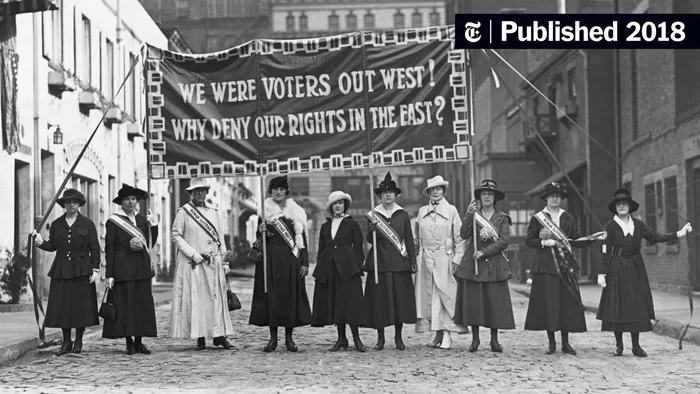June 5th holds a significant place in the annals of British history, marked by a tapestry of events ranging from royal milestones to political upheavals and cultural transformations. This article endeavors to explore the rich historical tapestry woven on this date, shedding light on the key moments that have shaped the course of British history.
June 5 in British History
The Magna Carta: A Foundation of Liberty
June 5th, 1215, stands as a pivotal moment in British constitutional history with the sealing of the Magna Carta at Runnymede by King John. This historic document, forced upon the king by rebellious barons, established the principle that the monarch was subject to the law and laid down fundamental rights and liberties for the English people. Although its immediate impact was limited, the Magna Carta would later serve as a cornerstone of English common law and constitutional governance, influencing notions of justice and freedom both in Britain and around the world.
The Restoration of the Monarchy
Fast forward to the 17th century, and June 5th, 1660, witnessed the restoration of the monarchy in England following years of republican rule under Oliver Cromwell’s Commonwealth and Protectorate. On this day, Charles II, son of the executed King Charles I, was welcomed back to London amidst great fanfare, marking the end of the Interregnum period. The Restoration brought stability to the realm and ushered in a new era of royal authority, cultural revival, and political realignment, setting the stage for the flourishing of the arts and sciences in the later years of the Stuart era.
The Battle of Copenhagen: Naval Supremacy Asserted
Turning to matters of military history, June 5th, 1801, saw the culmination of the Battle of Copenhagen during the Napoleonic Wars. The British Royal Navy, under the command of Admiral Horatio Nelson, achieved a decisive victory over the Danish-Norwegian fleet, securing British naval supremacy in the Baltic Sea. The battle showcased Nelson’s strategic brilliance and cemented his reputation as one of Britain’s greatest naval commanders. The outcome of Copenhagen bolstered British morale and demonstrated the country’s formidable maritime power on the world stage.
Women’s Suffrage Achieved
In the realm of social and political reform, June 5th, 1918, marked a significant milestone with the passage of the Representation of the People Act in the United Kingdom. This landmark legislation granted the vote to women over the age of 30 who met certain property qualifications, as well as extending suffrage to all men over the age of 21. While not achieving full equality, the act represented a major victory for the women’s suffrage movement after decades of tireless campaigning and activism. It paved the way for further advancements in gender equality and political participation in the decades to come.
See also: What Happened on May 31 in British History?
The Birth of the National Health Service
In more recent history, June 5th, 1948, witnessed the establishment of the National Health Service (NHS) in the United Kingdom. This groundbreaking initiative, spearheaded by Health Minister Aneurin Bevan, sought to provide comprehensive healthcare services to all British citizens, free at the point of use. The creation of the NHS represented a triumph of social solidarity and public welfare, embodying the principles of universal access to healthcare and collective responsibility for the nation’s well-being. It remains a cornerstone of British society and a testament to the power of progressive reform in improving the lives of ordinary people.
Conclusion
June 5th emerges as a date of enduring significance in British history, encapsulating a diverse array of events that have shaped the nation’s identity and trajectory. From foundational moments in constitutional governance to victories on the battlefield and strides towards social justice and reform, each June 5th serves as a reminder of the resilience, ingenuity, and collective spirit of the British people throughout the ages. As we reflect on the events of this historic date, we are reminded of the enduring legacy of the past and the ongoing journey towards a more equitable and prosperous future.

